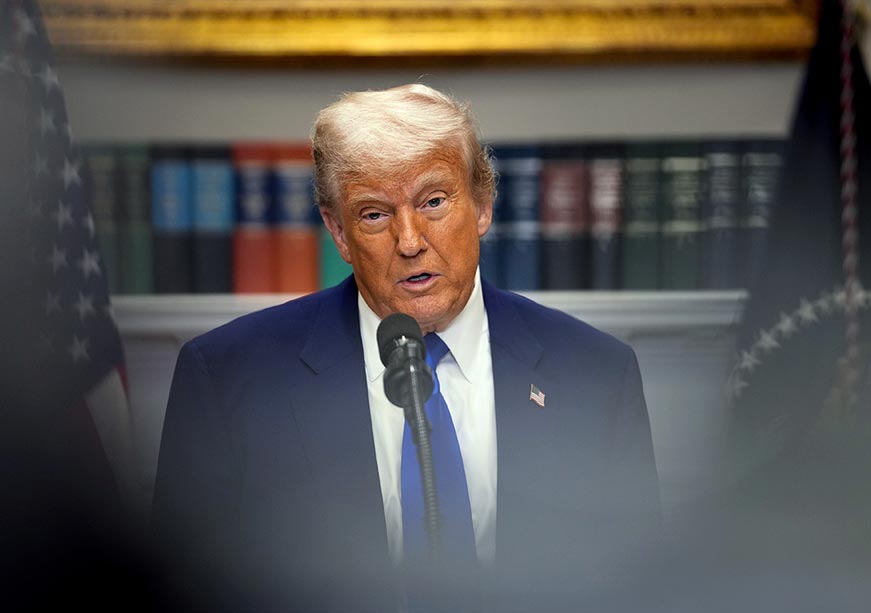
What Is the GENIUS Act?
The GENIUS Act—short for Guiding and Establishing National Innovation for U.S. Stablecoins Act—represents the first comprehensive federal legislation for stablecoins in the United States. It was introduced in the Senate, passed via a bipartisan 68–30 vote on June 17, 2025, cleared the House on July 17, and was signed into law by President Trump on July 18, 2025 WikipediaBusiness InsiderNational Law Review.
Key Provisions
- Reserve Backing: Requires stablecoins to be backed 1:1 with U.S. dollars or short-term Treasury bills, reinforcing consumer trust and systemic stability eurocoinpay.ioBusiness Insiderdigitalassetsus.wbresearch.com.
- Transparency Standards: Issuers must provide monthly disclosures and clear redemption terms, and are subject to external audits—especially large issuers with over $50 billion market cap Business Insidereurocoinpay.io.
- Regulatory Framework: Establishes a dual system of oversight—Federal Reserve or OCC for large issuers, and state supervision for smaller ones (under $10 billion) eurocoinpay.ioPwCLinkedInNational Law Review.
- Asset Classification: Clarifies that “payment stablecoins” are not securities or commodities, except where fraud is involved eurocoinpay.iodigitalassetsus.wbresearch.comNational Law ReviewWikipedia.
- AML/KYC Compliance: Stablecoin issuers are now treated as financial institutions under the Bank Secrecy Act, mandated to enforce anti-money laundering and know-your-customer measures eurocoinpay.ioPwC.
Related Crypto Legislation
- CLARITY Act: Passed the House in July 2025, awaiting Senate approval. It aims to establish jurisdictional clarity—assigning most digital assets to the CFTC, while giving the SEC oversight of fraud and manipulation National Law ReviewPwC.
- Anti-CBDC Surveillance State Act: Also passed the House, this bill bans the Federal Reserve from issuing a retail Central Bank Digital Currency (CBDC), protecting citizen privacy and preventing state-controlled digital cash CCN.comLatham & Watkins.
- Executive Order (Jan 23, 2025): Trump issued EO 14178, revoking prior Biden-era crypto policy and prohibiting any federal agency from developing CBDCs; it also established a working group to draft crypto regulation The White HouseWikipediaMondaq.
Broader Impact & Industry Response
Boost for Market Clarity and Innovation
Industry stakeholders widely praised the GENIUS Act for bringing regulatory clarity to the stablecoin ecosystem—a move many see as foundational to mainstream adoption and financial innovation Business InsidereuronewsNational Law Review.
Financial Institutions Moving In
Leading crypto companies like Paxos, Circle, and Ripple are responding by applying for federal trust bank charters, signaling a shift towards regulated integration with traditional finance Reuters.
Crypto Gets Political
President Trump’s renewed support for crypto has unleashed a wave of activism and investment—but also scrutiny. Critics allege conflicts of interest, citing the Trump family’s financial involvement in crypto ventures, including a stablecoin launch, and assert that policy may favor personal interests over public safeguards The GuardianThe Washington PostNew York Post.
Long-Term Vision: U.S. as Crypto Leader
The Trump administration portrays the GENIUS Act as a strategic move toward making the U.S. the global capital of blockchain innovation—reinforcing the U.S. dollar’s digital prominence, encouraging tokenized markets, and fostering a pro-crypto financial infrastructure The Washington PostNew York Post.
Wrap-Up: What It Means
- The GENIUS Act defines stablecoin regulation for the first time at a federal level, prioritizing security, transparency, and accountability.
- The CLARITY Act and Anti-CBDC Act further refine crypto oversight, marking a legislative pivot toward structure rather than suppression.
- While hailed as transformative, the reforms are not without controversy—balancing innovation and oversight remains a high-stakes debate.
- The U.S. is positioning itself as a crypto-first nation—but maintaining ethical governance will be critical to retaining public trust.







